“Telling stories can bridge the gap between people”: Sophia Thakur on The Poets’ Revival
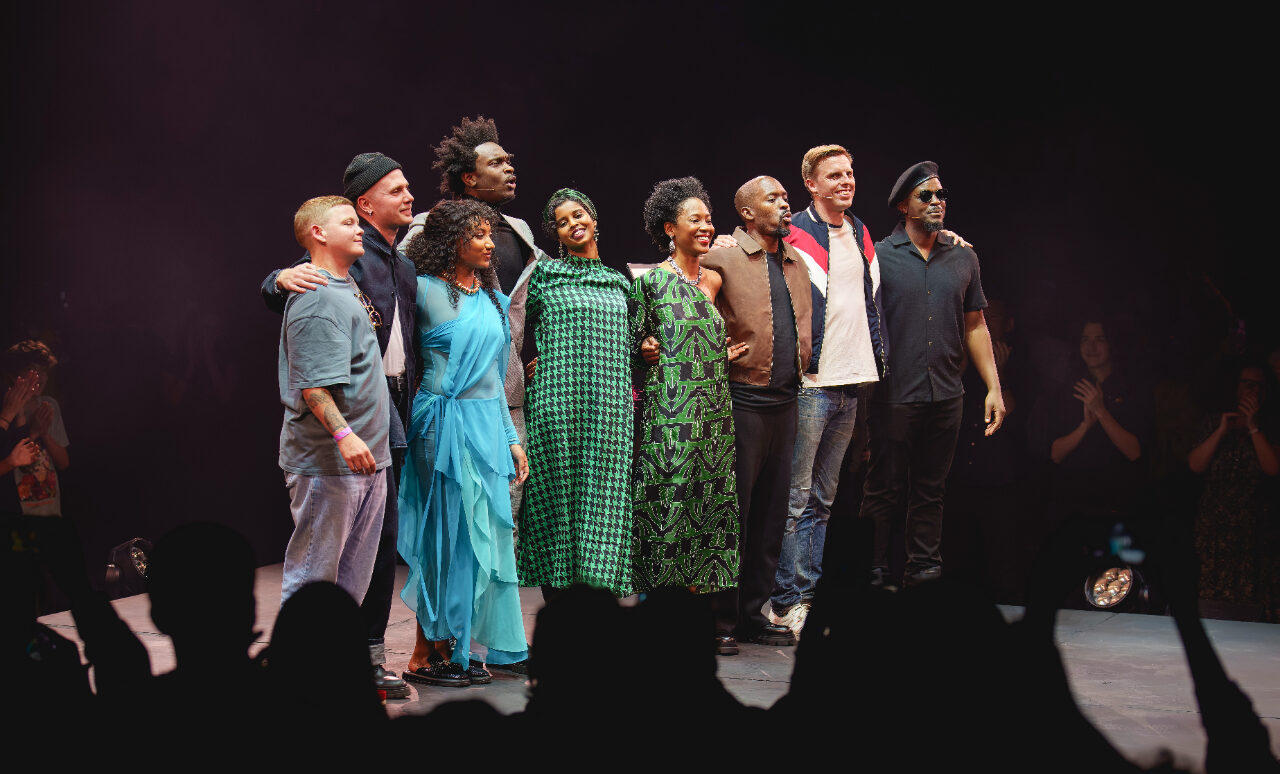
Sophia Thakur is a bestselling author and songwriter who recently performed at The Royal Albert Hall for one magical event, The Poets’ Revival, dedicated to shedding light on societal issues affecting us all. From intimate spoken word performances to viral social media sensations, Thakur’s storytelling has captured the attention of audiences worldwide. She is a passionate advocate for social change, using her platform to amplify voices and ignite conversations on topics including identity, diversity, politics, mental health and emotional well-being. She made history as the first poet to be invited to give two TED talks before the age of 20 and has participated in events organised by Google, Accenture, Nike, The Guardian, The Royal Family, Channel 4, BBC, Viacom and the Liberal Democrat and Labour Party. The Upcoming caught up with Thakur to find out about the creative process behind her craft.
I’d love to hear about your personal journey with spoken word poetry – what drew you to this specific form of storytelling? Did it find you? And how has your relationship with it evolved over time?
For as long as I [can] remember, I’ve been writing in diaries – five at a time sometimes – so expressing and learning myself through writing has always been a part of me. When I discovered poetry, that’s when it all came together as an outward expression.
Your poetry often delves into themes of identity and empowerment. How has your background influenced your perspective on identity and belonging? And has it been therapeutic to explore these topics through poetry?
As a Gambian and Indian, writing and storytelling are central to my cultures. Our lessons are told in proverbs, and our stories through music or dance. It found me and I found it around the same time.
In your opinion, what role does storytelling, and poetry specifically, play in addressing societal issues and fostering empathy and understanding?
I think it’s quite a rare occasion that someone will sit you down and tell you their story of how they came to be the way they are, and you’ll be anything other than understanding. Telling our stories and telling each other’s can bridge the gap between people. When you sit with a parent or friend, they really open to you and suddenly you have new grace for them. Art carries that same power.
Many of your performances – including your recent one at The Royal Albert Hall for The Poets’ Revival – touch on mental health and emotional well-being. It takes strength to allow oneself to be vulnerable and metaphorically “naked”, especially in a public setting such as on stage. How do you navigate this delicate balance between vulnerability and strength in your poetry and performances?
I don’t think there’s anything stronger than a soft heart. It takes great courage to touch where it still hurts and study it. I know that other people doing it has helped me do it for myself. The fact that I am helping someone else navigate their mind, is enough for me to take the risk with my own.
While written poetry can at times veil the author’s emotions behind language (for instance through metaphor and symbolism), performance poetry seems to require greater directness and honesty. Do you think this dynamic enriches the bond between the poet and the audience?
There’s nowhere to hide on stage, so I think the audience experiences your feelings at their most raw. I started on stage before I began writing books, and I think that’s why people tend to say my written work is extremely potent and naked.
Has there been a memorable moment (that you can share) where you witnessed first-hand the transformative power of spoken word poetry in someone’s life?
After I started speaking about mental illness, I began receiving messages that my poetry helped people navigate grief, anxiety, depression and even stop suicide attempts. That’s when I knew that I had to be even more responsible with an art form that can touch people in such a way. It made me more studious and intentional.
You’ve been an advocate of the importance of representation and diversity in the spoken word poetry community. How can we continue to amplify marginalised voices?
We have to open our stages to as many different stories as possible – but not just the artist. The organisers, the production teams, the board of directors and the staffing. That’s the only way we will get to know each other and value one another.
How do you prepare yourself before performing at a venue like The Royal Albert Hall to share your poetry with an audience? Are there any rituals?
I pray for the Holy Spirit to calm my nerves and bring peace to my mind. I pray that Jesus will minister through me to anyone who needs to hear something specific to help them.
What advice would you give to aspiring poets and performers who want to use their words to make a positive impact?
Keep writing. Create more than you compare. Create every single day. Find a tribe of other writers and become fixed in that world. Writing is such an isolated task, but you need to build a world around you. I had that when I was younger and it helped me so much. I need it back as an adult!
Finally, are there any exciting upcoming projects you can tell us about?
I will be releasing some things into the world that I’ve been working on for years, soon.
Benedetta Mancusi
Image: Andy Paradise
The Poets’ Revival was at Royal Albert Hall on 1st May 2024 For further information or to book visit the theatre’s website here.

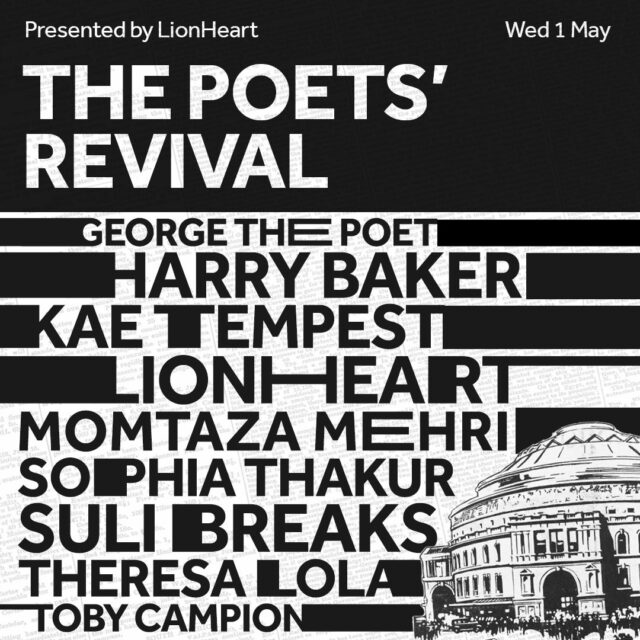
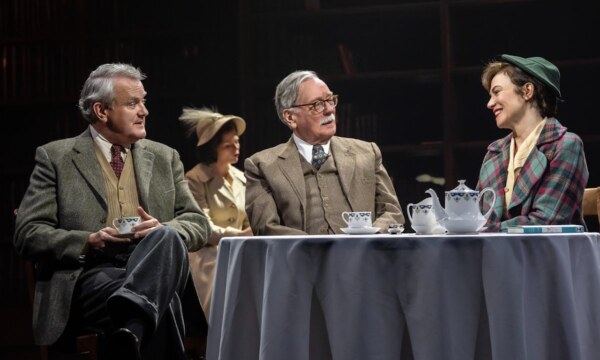
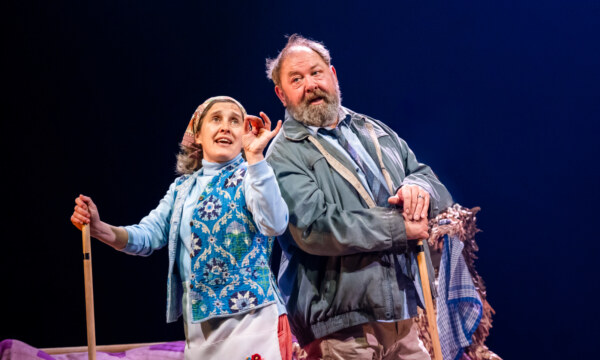
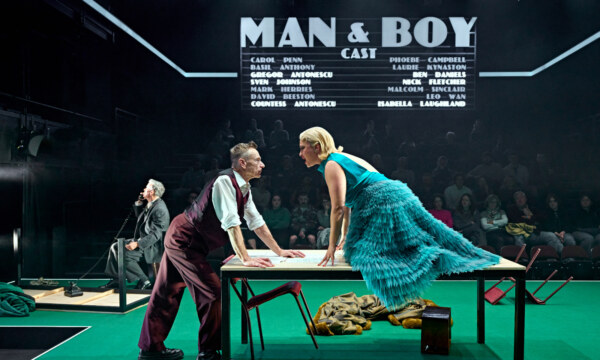
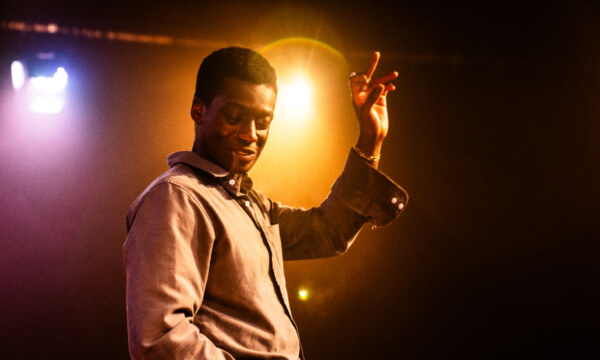
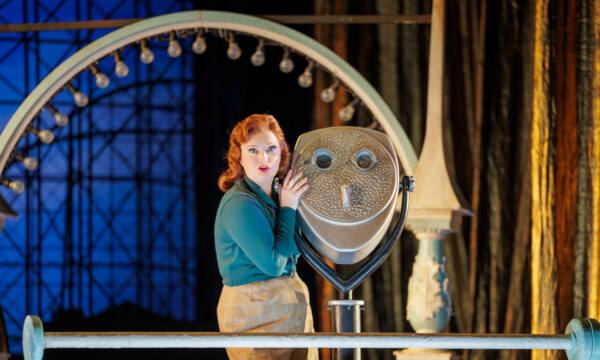
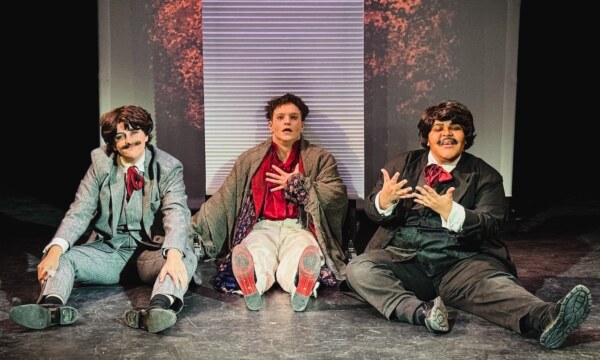
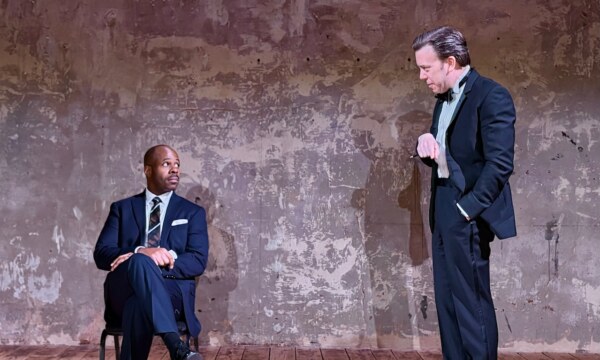
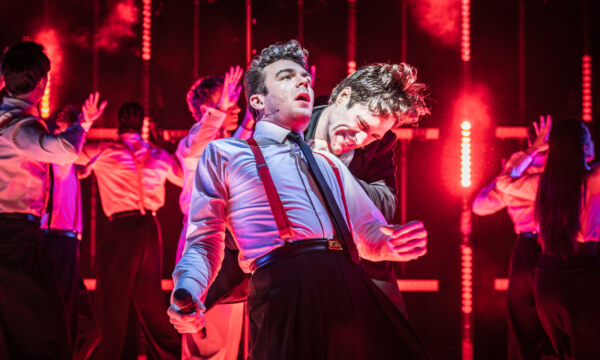
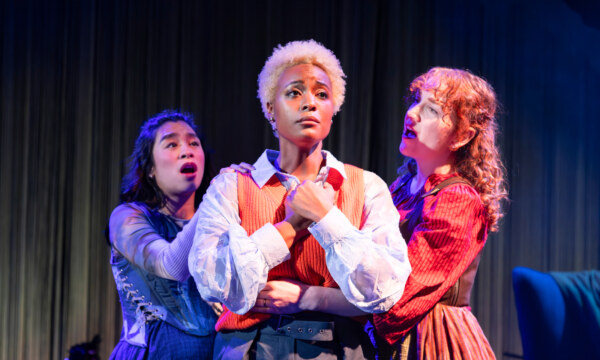

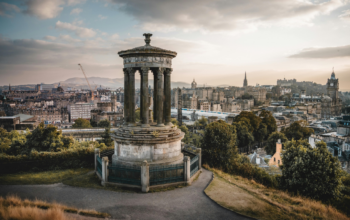
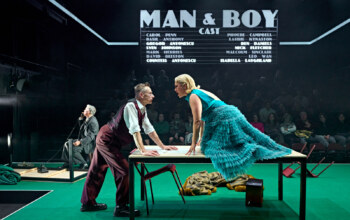
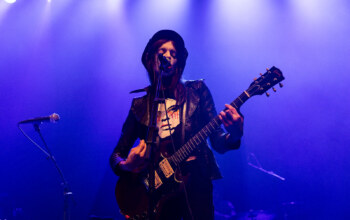







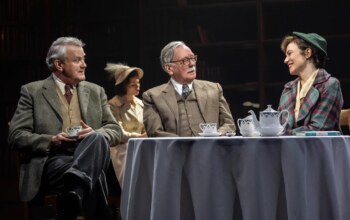
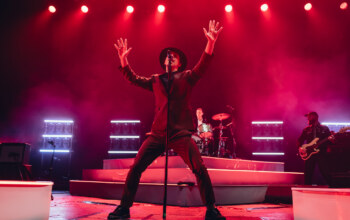
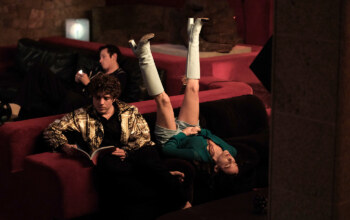

Facebook
Twitter
Instagram
YouTube
RSS